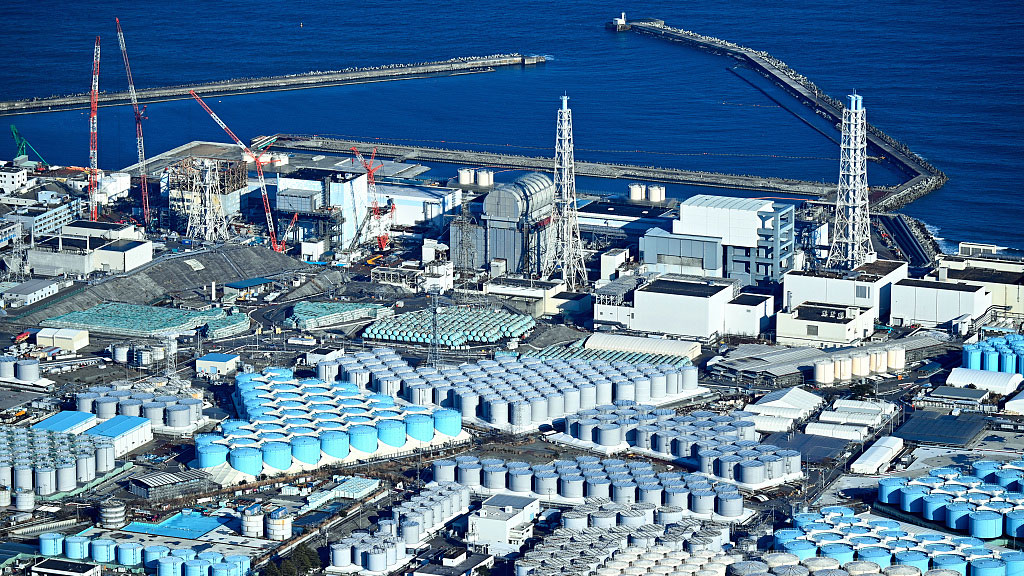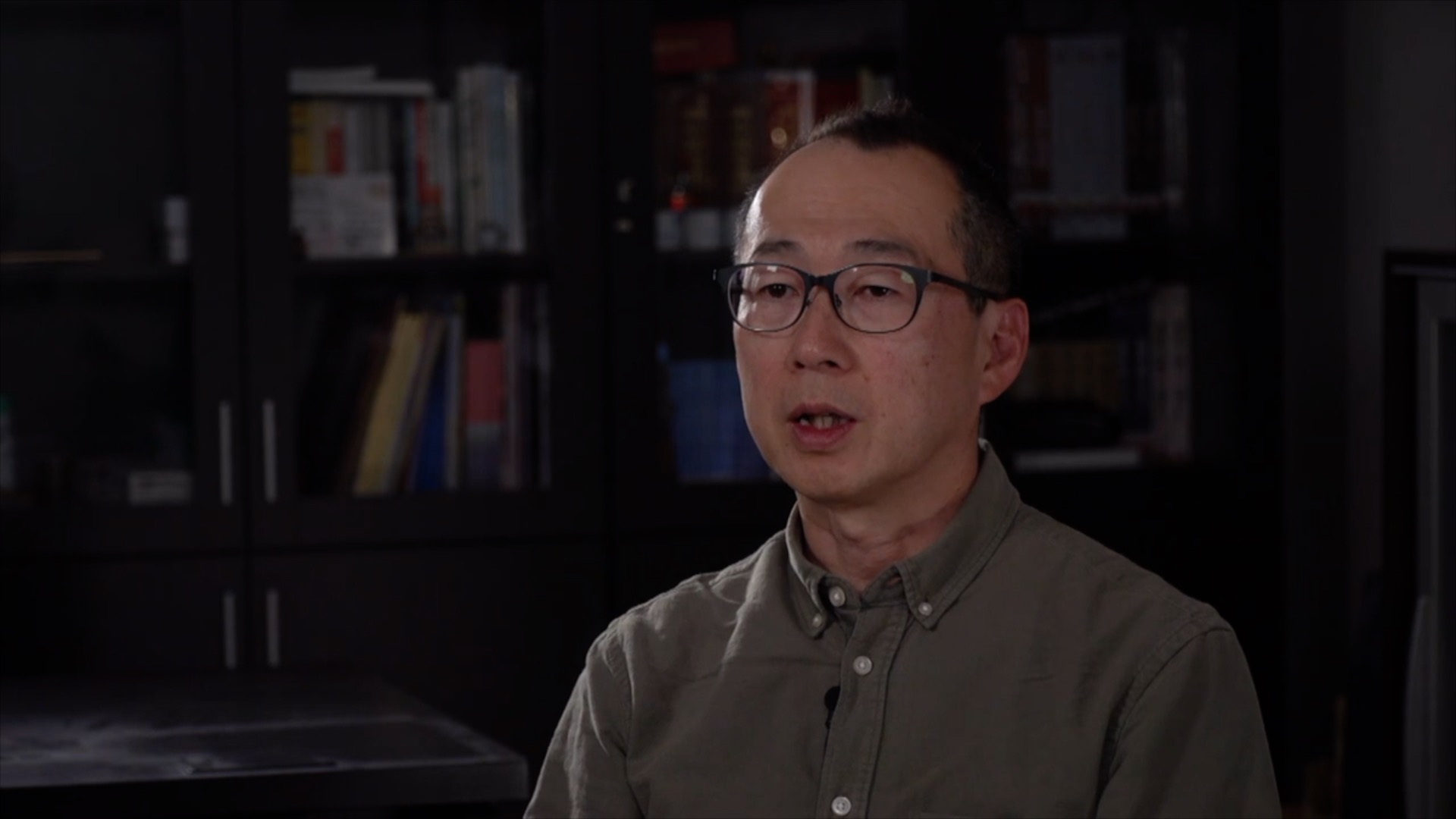
Damaged reactors and tanks storing treated radioactive water are seen at Tokyo Electric Power Co (TEPCO)'s Fukushima Daiichi Nuclear Power Plant in Okuma, Fukushima, Japan, January 19, 2023. /CFP
Damaged reactors and tanks storing treated radioactive water are seen at Tokyo Electric Power Co (TEPCO)'s Fukushima Daiichi Nuclear Power Plant in Okuma, Fukushima, Japan, January 19, 2023. /CFP
A South Korean team of experts concluded a two-day visit to Japan's Fukushima nuclear power plant on Wednesday, which aroused widespread concern and controversy.
Head of the expert team Yoo Guk-hee said they investigated the machine that removes radioactive substances from the water and the lab that analyzes water quality. But opposition parties in South Korea said the team just went through the motions.
"People are asking which country and which people President Yoon Suk-yeol and the government are taking the side of," Yonhap News Agency quoted Park Kwang-on, head of the main opposition Democratic Party, as saying. "The National Assembly should respond to the concerns and anger of the people."
The DP claimed the visit may end up giving a blessing to the planned release of contaminated wastewater.
Yoo defended the visit, saying Japan carefully answered questions on the plan to release radioactive water, according to a report from the Associated Press.
"We saw every necessary facility that was included in the initial plan," he said.
Japanese freelance journalist Ryuichi Kino, in an interview with CMG, said Tokyo Electronic Power Company (TEPCO) made unimaginable mistakes in handling the Fukushima incident.
01:07

Kino said TEPCO has never allowed external involvement in monitoring, which has always been done internally. He also called for a third-party regulatory mechanism in handling the incident.
Japanese officials said the water will be treated to legally releasable levels and further diluted with large amounts of seawater. They claim it will be gradually released into the ocean over decades through an undersea tunnel, making it harmless to people and marine life.
But some scientists said the impact of long-term, low-dose exposures to radionuclides is unknown and that the release should be delayed.
China has been monitoring Japan's actions regarding the wastewater, and said the result is not satisfying.
It has been found that the base of the reactor pressure vessel of Unit 1 was severely damaged, creating risks that the pressure vessel could collapse, according to Mao Ning, a spokesperson of China's Foreign Ministry.
China has urged Japan to take the international community's concern seriously many times, calling on Japan to step up to its due international obligations and properly handle issues related to the decommissioning of the Fukushima nuclear power plant.